Anthony Bourdain’s respect was never handed out lightly. He praised chefs who weren’t just brilliant with a knife but who cooked with soul, daring, and integrity. From those mastering the art of simplicity to pioneers pushing boundaries with fearless creativity, these 12 culinary masters earned Bourdain’s genuine admiration—and they deserve yours, too. Each of them shaped the world of food in ways that continue to ripple across kitchens everywhere. Whether you’re a home cook seeking inspiration or a traveler hungry for authenticity, these chefs remind us why cooking remains one of the world’s most powerful forms of storytelling.
1. Fergus Henderson: The Nose-to-Tail Pioneer
“Waste nothing” might as well be tattooed across Fergus Henderson’s heart. The British chef revolutionized modern cooking by bringing back forgotten cuts of meat at his London restaurant St. John. Henderson’s approach to using every part of the animal – from snout to tail – aligned perfectly with Bourdain’s belief in respectful, whole-animal cooking.
Henderson’s battle with Parkinson’s disease never dimmed his culinary vision or impact. His signature dish of roasted bone marrow with parsley salad became a must-try for food lovers worldwide.
Bourdain once called Henderson’s cooking “the restaurant equivalent of a particularly good punk rock band” – raw, honest, and unforgettable.
2. David Chang: The Rule-Breaking Innovator
Ramen, fried chicken, and pork buns might seem ordinary now, but David Chang transformed them into objects of culinary obsession. As founder of the Momofuku restaurant empire, Chang blasted through traditions, creating Asian-American food that’s both accessible and revolutionary – qualities Bourdain deeply admired.
Chang’s volcanic temper and unfiltered opinions mirrored Bourdain’s own straightforward style. Their friendship blossomed through honest conversations about food, culture, and the pressures of fame.
Together on Bourdain’s shows, they slurped noodles in Tokyo and debated food trends in New York, showcasing a mutual respect that transcended their celebrity chef status.
3. Thomas Keller: America’s Culinary Perfectionist
Every dish leaving Thomas Keller’s kitchen tells a story of obsessive attention to detail. As the force behind The French Laundry and Per Se, Keller elevated American cuisine to unprecedented heights, earning Bourdain’s deep respect for never compromising on excellence.
Keller’s famous salmon cornets – tiny ice cream cone-shaped treats filled with salmon tartare – showcase his playful precision. Unlike many celebrity chefs, he built his reputation not through TV shows but through relentless pursuit of perfection in the kitchen.
When Bourdain visited The French Laundry, he described the experience as “the best restaurant in the world, period” – high praise from someone who’d eaten everywhere.
4. Alice Waters: The Farm-to-Table Revolutionary
Long before “locally sourced” became a marketing buzzword, Alice Waters was building relationships with farmers around her Berkeley restaurant, Chez Panisse. Her revolutionary idea in 1971 – that restaurants should serve fresh, seasonal ingredients from nearby farms – changed American dining forever.
Waters taught a generation to care about where their food comes from. Though Bourdain initially questioned her idealism, he grew to respect her unwavering commitment to sustainable food systems.
Her Edible Schoolyard Project brings gardens to schools nationwide, teaching kids to grow and cook their own food – creating the next generation of conscious eaters that Bourdain would surely applaud.
5. Eric Ripert: The Seafood Virtuoso
Behind Le Bernardin’s three Michelin stars stands Eric Ripert, the silver-haired French chef whose precision with seafood left even the hard-to-impress Bourdain in awe. Their friendship went far beyond professional respect – they traveled together from remote Asian villages to bustling European cities, sharing meals and life philosophies.
Ripert’s gentle demeanor contrasted with Bourdain’s edgier personality, creating a balance that strengthened their bond. When cooking fish, Ripert shows almost supernatural timing, knowing exactly when perfection happens.
After Bourdain’s passing, Ripert established a scholarship in his friend’s name, ensuring his legacy continues through future culinary talents.
6. Marco Pierre White: The Original Kitchen Rebel
Before Gordon Ramsay threw tantrums on TV, Marco Pierre White was the original enfant terrible of the culinary world. The first British chef to earn three Michelin stars (and later famously return them), White’s fiery kitchen presence and technical brilliance made him a hero to young cooks everywhere – including a young Anthony Bourdain.
White’s cookbook White Heat, with its moody black-and-white photos of the intense chef at work, inspired countless careers. His philosophy that cooking is about honesty and instinct rather than fancy techniques resonated deeply with Bourdain.
Though they met only occasionally, White’s influence on Bourdain’s approach to cooking and life was immeasurable.
7. Ferran Adrià: The Culinary Scientist
Foam that tastes like olives. Spheres that burst with liquid flavor. Ferran Adrià turned cooking into science at his legendary Spanish restaurant El Bulli, creating dishes that challenged everything we thought food could be.
Bourdain approached Adrià’s molecular gastronomy with skepticism but left as a convert. During his visit to El Bulli for No Reservations, Bourdain called the experience “a pilgrimage to Mecca” for serious food lovers.
Though El Bulli closed in 2011, Adrià’s influence lives on through his former chefs who spread across the globe. His experimental approach freed chefs worldwide to push boundaries – exactly the kind of fearless creativity Bourdain celebrated.
8. Gabrielle Hamilton: The Accidental Chef
Small, scrappy, and unapologetically authentic – Gabrielle Hamilton’s 30-seat restaurant Prune in New York’s East Village embodied everything Bourdain loved about honest cooking. Her unlikely path to becoming a chef (including years as a camp cook and catering staff) mirrored Bourdain’s own winding journey.
Hamilton’s memoir Blood, Bones & Butter earned Bourdain’s highest praise: “The best memoir by a chef ever.” Her writing captured the gritty reality of kitchen life that Bourdain himself had documented in Kitchen Confidential.
At Prune, Hamilton served unfussy food that celebrated simple pleasures – like sardines on Triscuits or a perfect roast chicken – reminding diners that great cooking isn’t always about innovation.
9. Daniel Boulud: The French Ambassador
Lyon-born Daniel Boulud brings French elegance to American diners without a hint of pretension. His flagship restaurant Daniel in New York City has maintained its excellence for decades – a staying power that impressed the well-traveled Bourdain.
Boulud’s signature dish – a sirloin burger stuffed with foie gras, short ribs, and black truffle – perfectly represents his ability to merge luxury with accessibility. Despite his classical training, Boulud embraces innovation while respecting tradition.
When Bourdain needed a master to explain French technique for his show, he often turned to Boulud, whose warm personality and encyclopedic knowledge made complex cooking approachable for viewers.
10. José Andrés: The Culinary Humanitarian
Few chefs have used their knives for such powerful good as José Andrés. The Spanish-born chef first impressed Bourdain with his innovative tapas at Washington DC’s Jaleo, but it was Andrés’ humanitarian work that truly earned Bourdain’s deepest admiration.
Through his nonprofit World Central Kitchen, Andrés rushes to disaster zones worldwide, feeding millions after hurricanes, earthquakes, and other catastrophes. He served over 3.6 million meals in Puerto Rico after Hurricane Maria struck.
Bourdain celebrated how Andrés combines culinary excellence with social conscience – proving chefs can change the world beyond their restaurant walls. Their friendship was based on shared values of using food to break down barriers between people.
11. Paul Bocuse: The Godfather of French Cuisine
Paul Bocuse didn’t just cook French food – he defined it for the modern era. His restaurant near Lyon, France held three Michelin stars for an unprecedented 55 years, serving as a culinary temple that Bourdain visited with reverence.
Bocuse’s signature dishes like truffle soup VGE (named for French president Valéry Giscard d’Estaing) embodied his philosophy of using impeccable ingredients prepared with perfect technique. He pioneered the concept of chef as celebrity, paving the way for figures like Bourdain himself.
When Bocuse passed away in 2018, Bourdain called him “the most important chef in history” – recognizing how his influence shaped generations of cooks worldwide.
12. Jiro Ono: The Sushi Master
In a tiny subway station restaurant in Tokyo, 95-year-old Jiro Ono creates sushi so perfect it moves diners to tears. His 10-seat Sukiyabashi Jiro became world-famous through the documentary Jiro Dreams of Sushi, but Bourdain had already recognized Ono’s unparalleled dedication to his craft.
Ono’s apprentices spend years just learning to properly cook rice before they’re allowed to touch fish. His methodical approach includes massaging octopus for 45 minutes and serving fish at precise temperatures.
Bourdain admired how Ono turned sushi-making into a spiritual practice – a lifetime pursuit of perfection that could never quite be achieved but was always worth striving for.
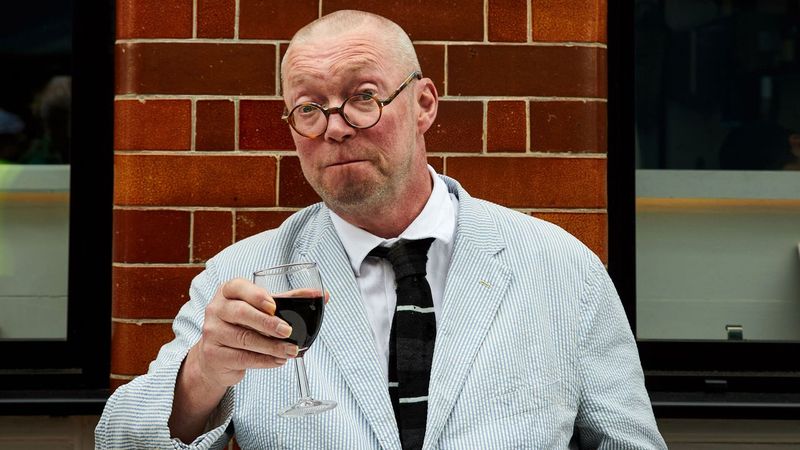
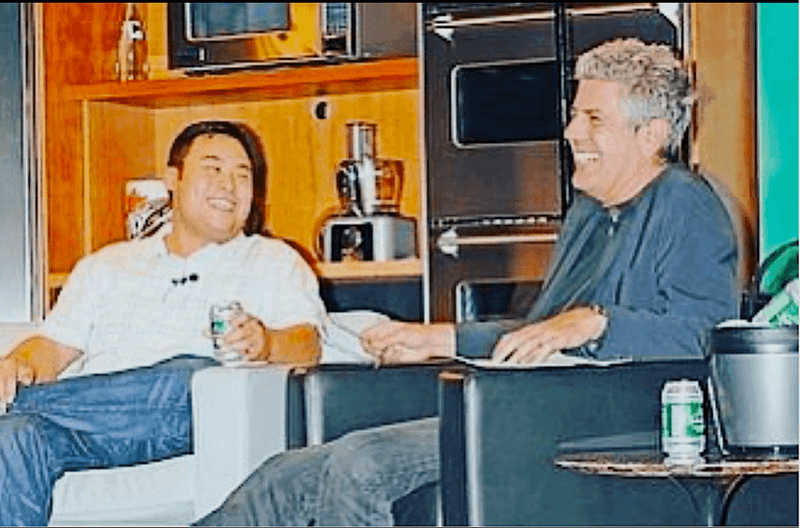
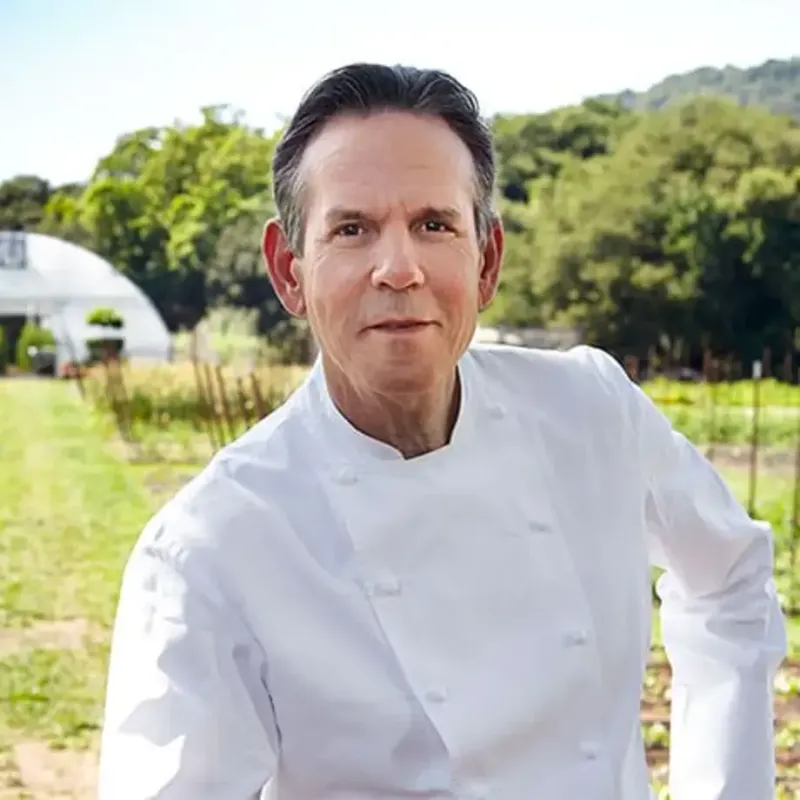
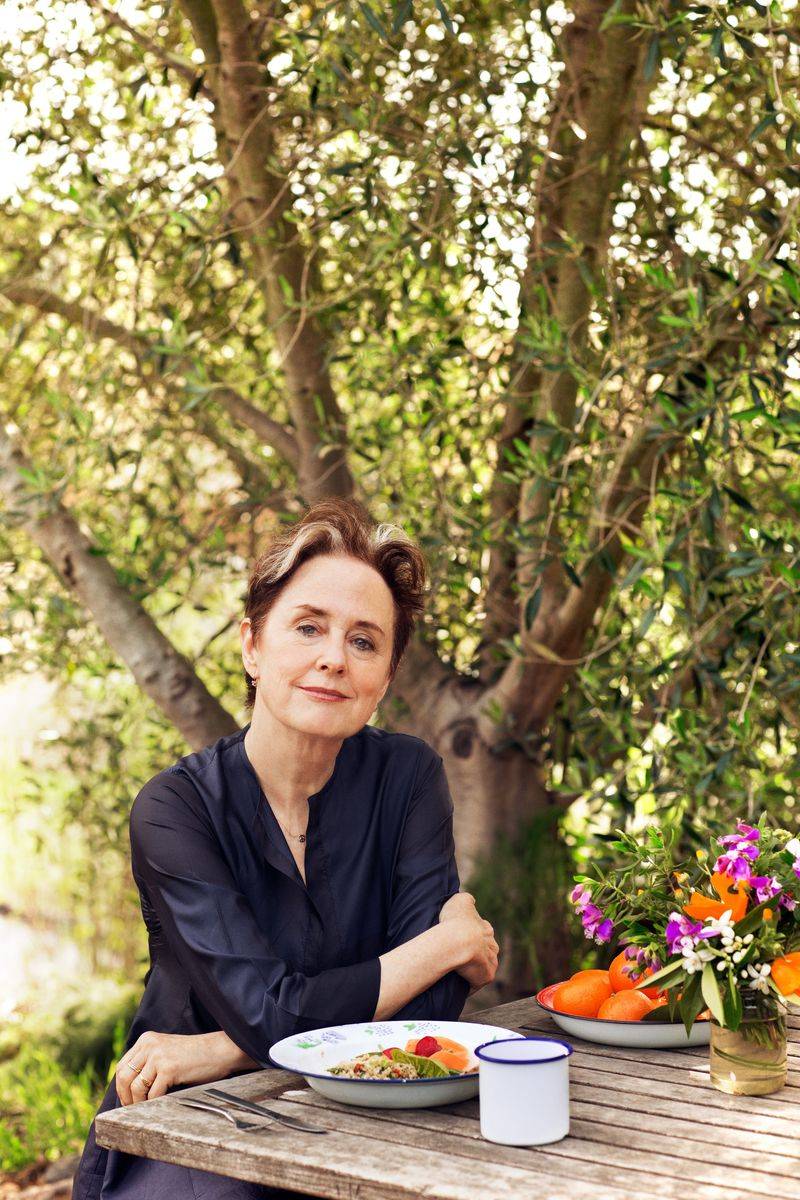
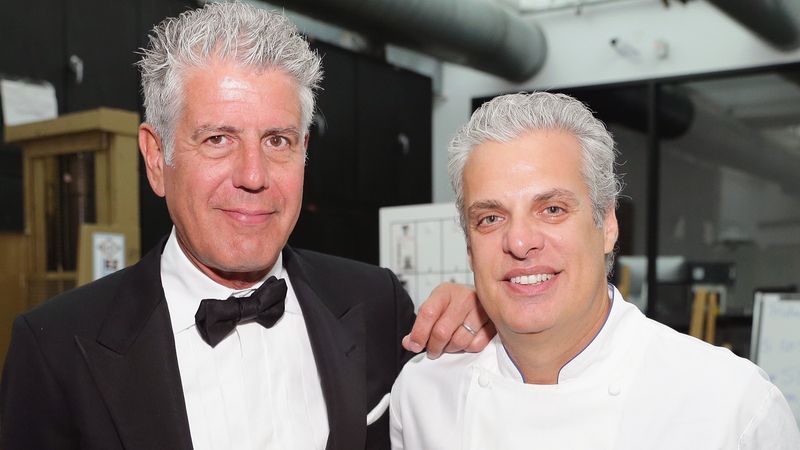
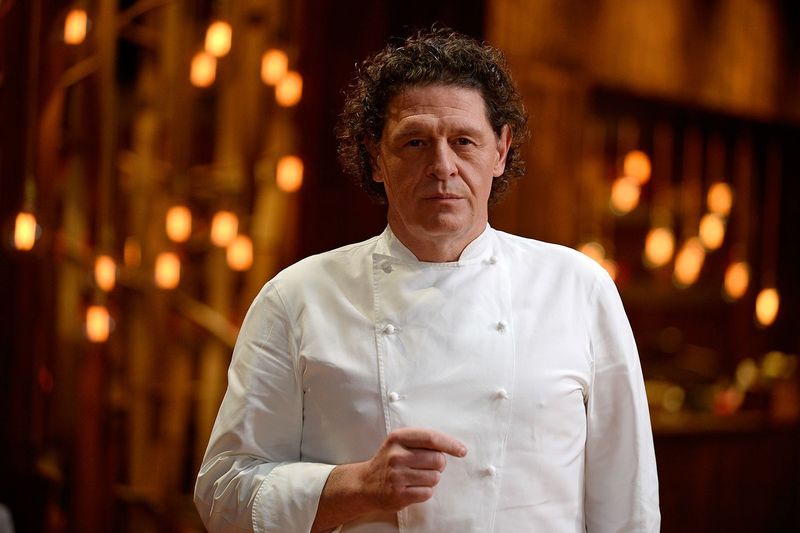
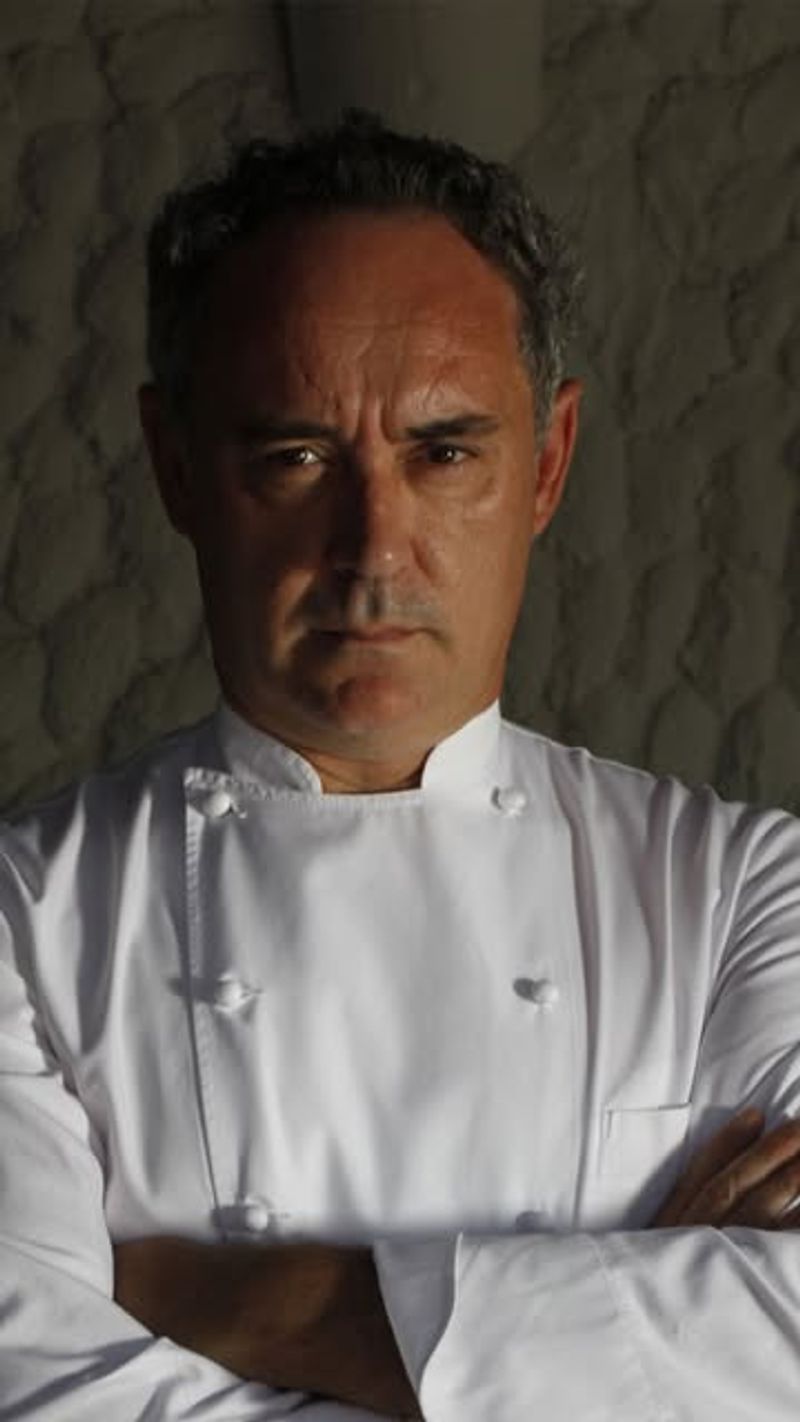
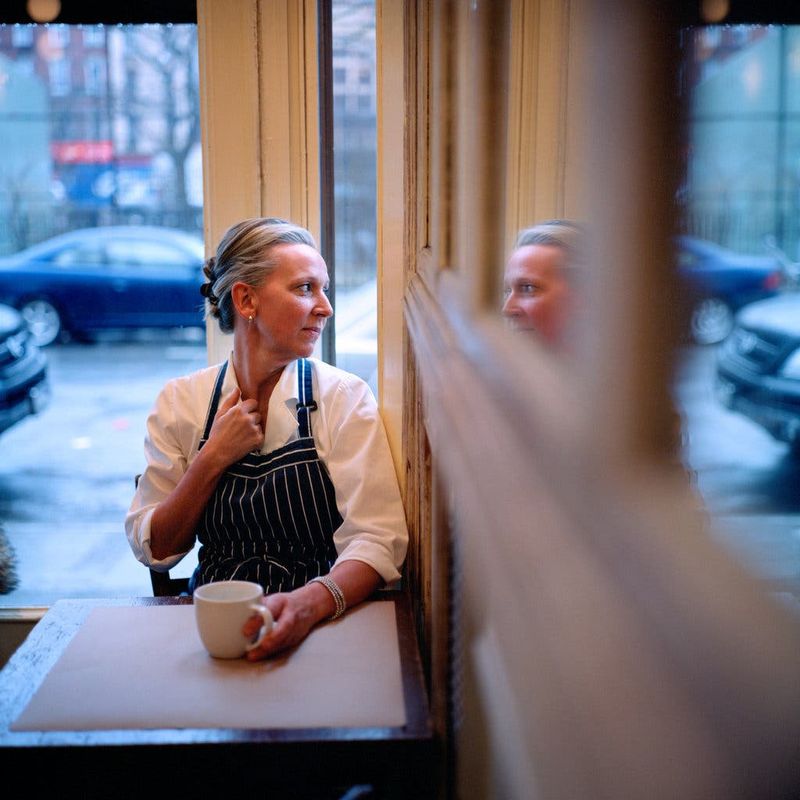
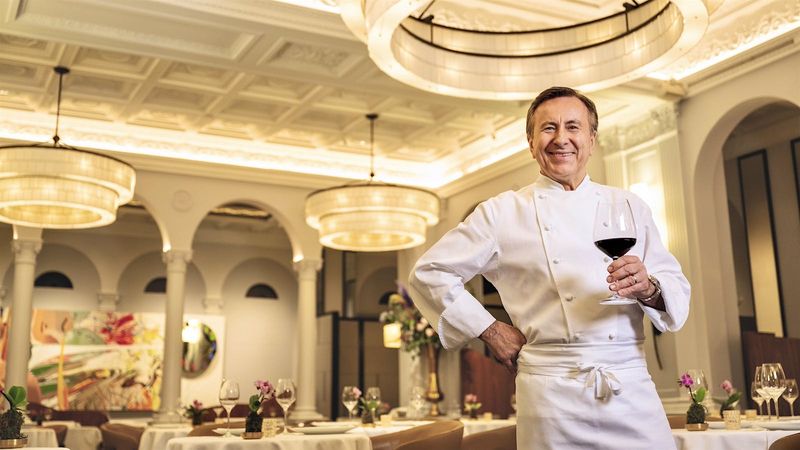
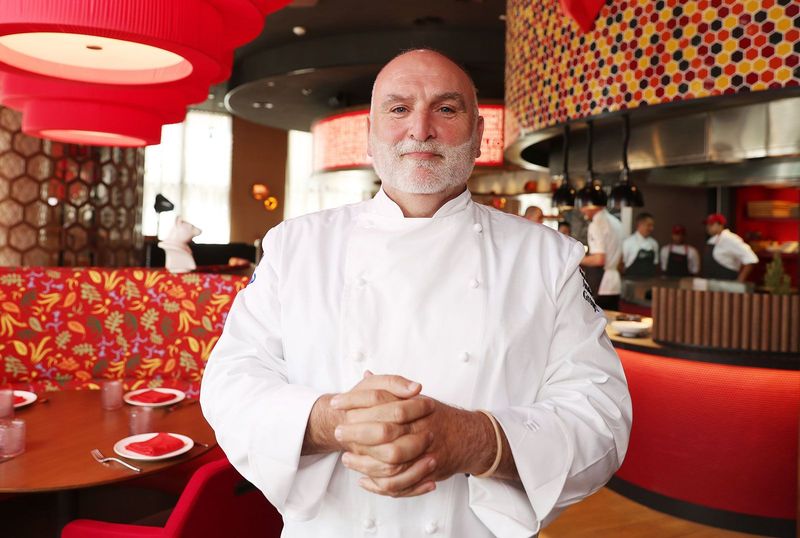
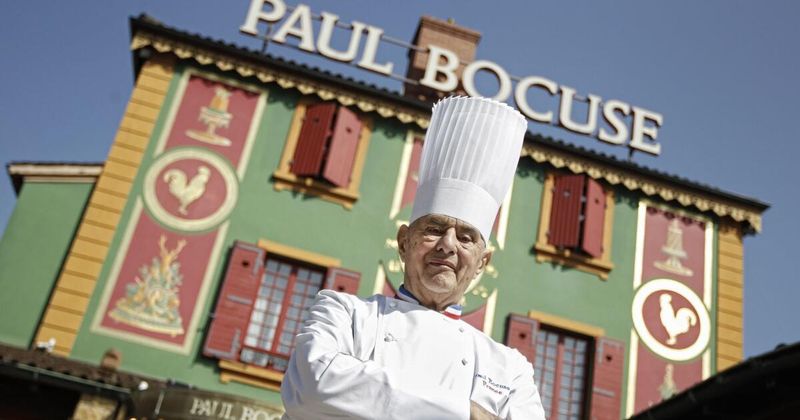
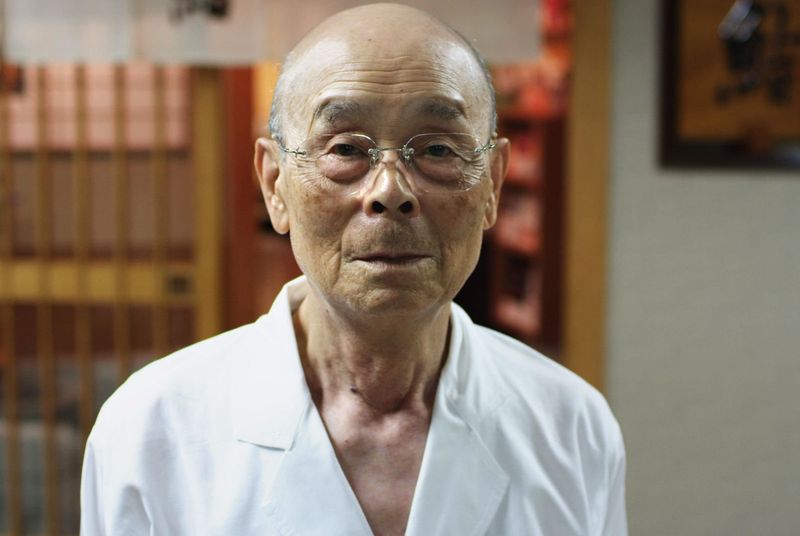
Leave a comment